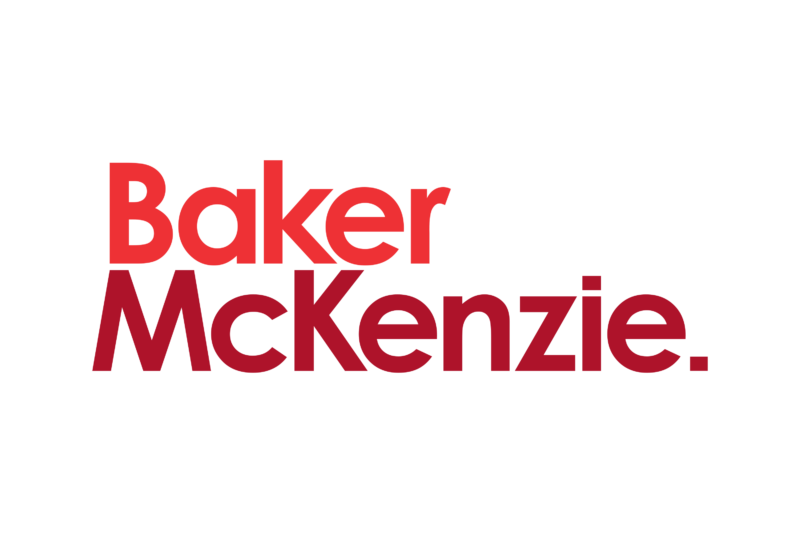Now Reading: Buying A Home? 5 Reasons To Work With A Conveyance Agency
-
01
Buying A Home? 5 Reasons To Work With A Conveyance Agency

Buying A Home? 5 Reasons To Work With A Conveyance Agency
While many experts claim that buying a house is generally straightforward, in reality, it’s not. It involves a complex process called conveyance—the act of transferring a property from one person to another, also known as the owner and buyer. Conveyance is essentially the technical side of real estate transactions, and it often involves a lot of administrative and legal work.
For that reason, you’ll find that many buyers and sellers seek help from a conveyance agency for the entire process. If you want to buy a home, you’ll be in a better position if you work with these agencies, and here’s why.
- A conveyancer can be physically present during the final settlement
While it’s true that you can accomplish a huge portion of settlements online, the buyer and seller must still meet up physically at some point, typically during the final steps of the process. That’s when you hand over the paperwork, money, and the keys to the house. (1)
When that time comes, the conveyance agency will be responsible for setting up a date and venue for the meeting. They’ll then send someone to accompany you physically. This gesture can go a long way in boosting your confidence if you face any issues during the meeting.
- You no longer have to deal with the paperwork
If you’ve ever dealt with the conveyance process by yourself in the past, you should know very well how much of a hassle it is to deal with the paperwork involved in every transaction. Not only are there a lot, but you must also fill out and review each document individually.
Here’s a look at some examples of the paperwork you’ll be dealing with when buying a home:
- Letter of Intent: Once you’ve decided on the property you’ll be purchasing, you must create and send a letter of intent to the seller/owner. This document outlines your tentative terms and conditions regarding your pricing and financing details. If the seller agrees with the transaction, they’ll sign the document and send it back to you.
- Contract of Sale: If the letter of intent contains the tentative terms and conditions, the contract of sale is where you’ll find the final terms and conditions. The seller will only issue this once you’ve provided the down payment you’ve agreed upon during negotiations.
- Deed of Absolute Sale: The deed of absolute sale is issued to you once you’ve finally settled the transaction. At this point, the seller would have already transferred ownership of the property to you.
- Tax Declaration: As the name suggests, the Tax Declaration is essentially a document that declares you as the one responsible for the tax obligations on the property you have just bought. (2)
A conveyance agency basically deals with all the paperwork so you don’t have to. Of course, they may require some input from you every now and then, but they should be your point of contact at this stage of buying a home.
- A conveyance agency will conduct searches for you
In the real estate industry, you’ll find people often use the term ‘search.’ As the name suggests, this refers to the act of finding specific information pertaining to the property. (3)
Below are some examples of searches that buyers often perform:
- Local authority search (LAS) is when you look for information on nearby planning works, road schemes, contaminations, and other plans that may affect the nearby area.
- Drainage and water search aims to find out the location and structure of all drainage systems found near the property.
- Environmental search looks for issues such as subsidence risk, flood risk, and the like.
- Mining search finds info on old tunnels that may be running beneath the property. (3)
These searches can help buyers determine if the house is indeed up to their standards. But as one might imagine, this takes an awful lot of time to complete. Fortunately, that’s also one responsibility of conveyance agencies—they conduct searches for you.
- You no longer have to register your ownership yourself
Once you buy the house, you’ll have to register your ownership on the Land Registry. This can take from four weeks to nine months. Of course, you will spend the majority of this time waiting, but you also have to go to their respective offices yourself. As you may have guessed, a conveyance agency can also do this for you. (1)
- They can advise you regarding the Contract of Sale
The Contract of Sale is perhaps the most complex document you’ll have to deal with when buying a home. As stated earlier, it consists of the final terms and conditions by the seller.
One mistake buyers often make is signing the contract of sale immediately upon receipt, but that’s not advisable. This is because sellers can include a clause that can be unfavorable for you. For example, the contract may have a clause stating you’d only be able to seek finance from a specific lender the seller outlines in the contract.
Naturally, this will place a restriction on your ability to borrow from the lender of your choosing. This inability to choose lenders can be bad news for most buyers, especially if you already have one in mind.
A conveyance agency essentially prevents you from falling into such traps, ensuring all clauses included by the seller in the contract won’t put you into an unfavorable position.
Wrapping up
A house purchase involves a lot of legal and administrative work for both the buyer and seller. That’s why hiring a conveyance agency is always an excellent idea. But it’s also important to note that some delays or issues may be out of the conveyancer’s control. So as much as you’d like to have a smooth transaction, it’s often not going to happen.
References
- “10 Steps to Buying a Home”, Source: https://www.discover.com/home-loans/articles/10-steps-to-buying-a-home/
- “The Documents You Need to Buy a New Home”, Source: https://www.legalnature.com/guides/documents-you-need-to-purchase-your-new-home
- “What are ’Searches’ when buying a house?” Source: https://www.coseyhomes.co.uk/news/searches-buying-house










